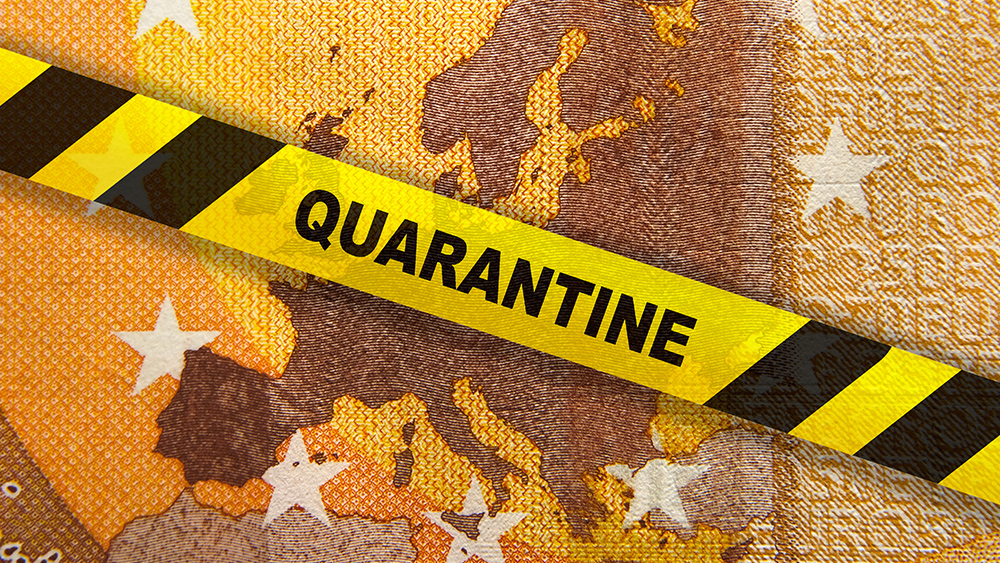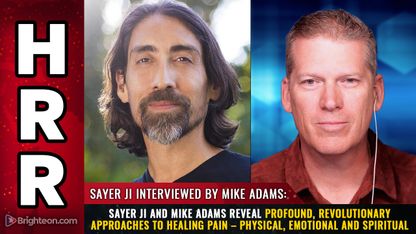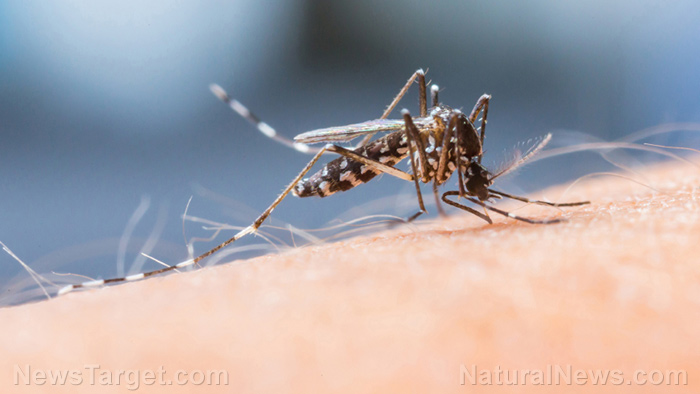
Dr. John Brooks, the chief medical officer for the CDC's COVID-19 response, said in a Wednesday news briefing that the new recommendations were made in an effort to ease the burden of having to quarantine for two weeks, which was the original mandate by the CDC.
"When we get more people on board to complete [the shorter quarantine], overall, that will result in fewer infections," said Brooks.
Keep watching for symptoms after quarantine
Under the new recommendations, close contacts of coronavirus patients can choose to exit quarantine after 10 days if no symptoms emerge. Close contacts, according to the CDC, are those who came within six feet of an infected person for at least 15 minutes over a one-day period, starting from two days before the onset of symptoms until the time the patient is isolated.
Close contacts can also exit at seven days if they test negative for the coronavirus. The test has to be taken at least five days after contact and can be either a polymerase chain reaction (PCR) test, which is the gold standard in SARS-CoV-2 detection, or an antigen test.
If a negative result comes back early, people should still stay in quarantine until the seventh day. If the result has not yet come back after the seventh day, they should continue quarantining until they receive their results. The guidelines, according to Brooks, were based on extensive modeling made by the CDC and other agencies.
However, people should still be cautious and continue monitoring for symptoms for a full 14 days after exposure, according to Dr. Henry Walke, the incident manager for the CDC's COVID-19 response. Walke added that a two-week quarantine remains the best way to prevent the spread of the coronavirus and that local health officials can adjust the agency's new guidelines as appropriate to their situations.
Brooks also said that an asymptomatic person stopping quarantine after 10 days poses a one percent risk of spreading the virus, and someone stopping after seven days with a negative test poses a five percent risk. To prevent the spread of the virus, the CDC recommends that people exiting quarantine should take precautions such as tracking their symptoms, social distancing and wearing masks. (Related: After mounting evidence, FDA, CDC now admit that coronavirus tests are faulty.)
New CDC guidelines projected to increase compliance
The organization is optimistic that the new guidelines will compel more people to follow quarantine measures as the two-week quarantine can pose a huge economic burden on those who can't work during that period, according to Brooks.
"We believe that if we can reduce the burden a little bit, accepting that it comes at a small cost, we make greater compliance overall with people," said Brooks.
As for the upcoming holiday season, the CDC stated that while the best thing to do is to postpone travel, people can observe several precautions to make their trip safer. These include getting tested one to three days before their trip and again three to five days after arriving at their destination. Once back home, travelers should monitor for symptoms for two weeks and avoid non-essential activities such as eating out and attending gatherings.
Brooks added that while the CDC's quarantine recommendations have changed, the agency's guidelines on self-isolation remains the same. People can only stop self-isolating ten days after the onset of illness if they haven't had symptoms for at least a day, according to Brooks.
Pandemic.news has more on the CDC's coronavirus response.
Sources include:
Please contact us for more information.





















